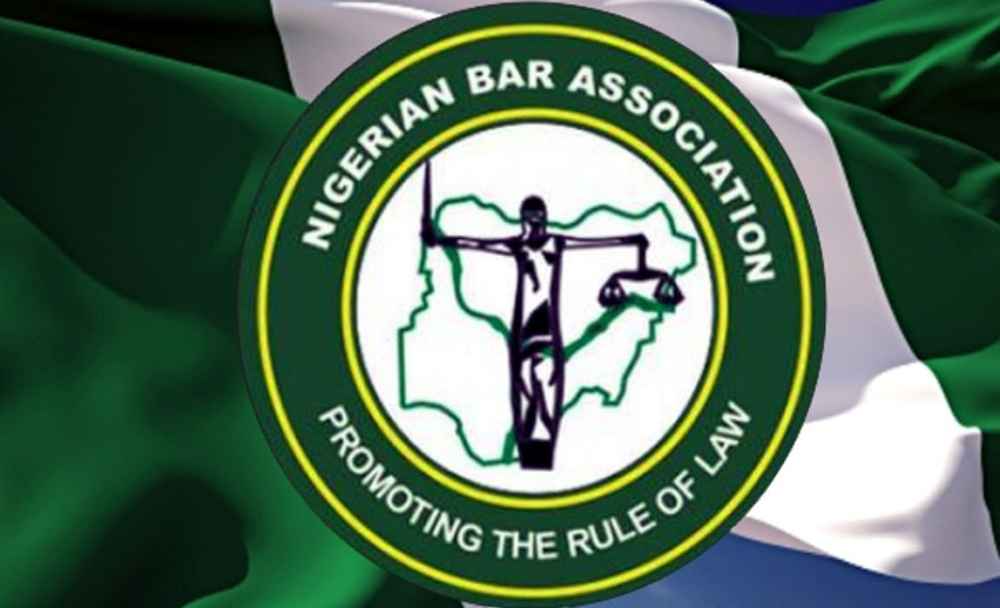The Akure branch of the Nigerian Bar Association (NBA) has recommended that all election disputes be fully resolved before elected officials are sworn into office, to prevent the judiciary from being overburdened with post-election litigation.
In a communiqué issued at the end of its 2025 Law Week, held in honour of Senator Bode Olajumoke between November 9 and 14 the association expressed concern over what it described as a “severely compromised” judiciary, largely due to its financial dependence on the executive arm of government.
According to the communiqué signed by the branch chairman, Mr. Onimisi Friday Umar, the NBA noted that the lack of full autonomy continues to undermine the judiciary’s ability to operate impartially and effectively.
It called for the full implementation of Section 121(3)(c) of the 1999 Constitution (as amended), which provides for fiscal independence of the judiciary. The association lamented that the executive withholds between 60 and 70 percent of judicial allocations, creating operational shortfalls and exposing judicial officers to political pressure.
The communiqué further urged the National Assembly to enact clearer and less ambiguous electoral laws to reduce loopholes exploited by politicians and minimize undue judicial intervention in election matters.
To ensure full judicial autonomy, the NBA Akure Branch resolved to establish an ad-hoc committee to interface with both the judiciary and executive.
On criminal justice reform, the lawyers advocated the establishment and proper funding of Half-Way Houses in Ondo State to facilitate the reintegration of ex-inmates, and called for public-private partnerships to support such initiatives. They also pushed for the creation of specialised commercial courts, similar to those in Lagos and Rivers States to expedite the resolution of business disputes and boost investor confidence.
The association emphasized the need for greater adoption of Alternative Dispute Resolution (ADR) mechanisms, noting that not all disputes should end in litigation.
The communiqué identified several barriers to accessing justice in rural Ondo communities, including insecurity, geographical isolation, language barriers, ignorance of the law, poor infrastructure, high filing costs, and corruption.
It called for sensitisation programmes to educate rural dwellers on their rights, including their right to free and prompt access to the courts.
The NBA also urged the revival of traditional court systems and called for full implementation of the Correctional Service Act, 2019. It recommended the creation of a state department dedicated to correctional reforms, data management, and rehabilitation of ex-inmates.
To achieve a truly utilitarian judiciary capable of delivering “the greatest good to the greatest number,” the NBA stressed the need for active collaboration among all stakeholders, the judiciary, legislature, executive, civil society, citizens, and the Bar.
















